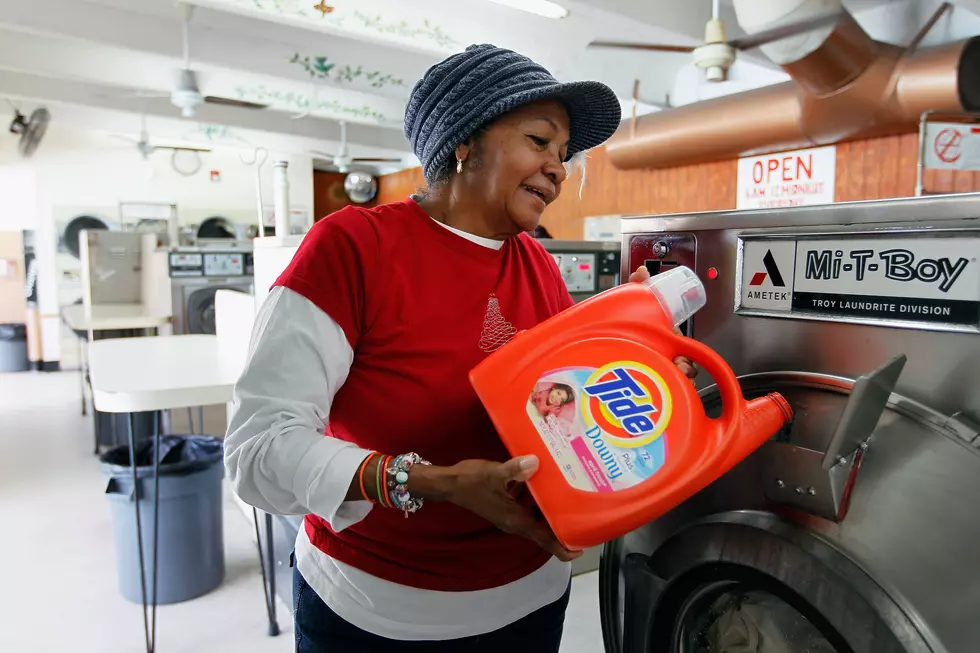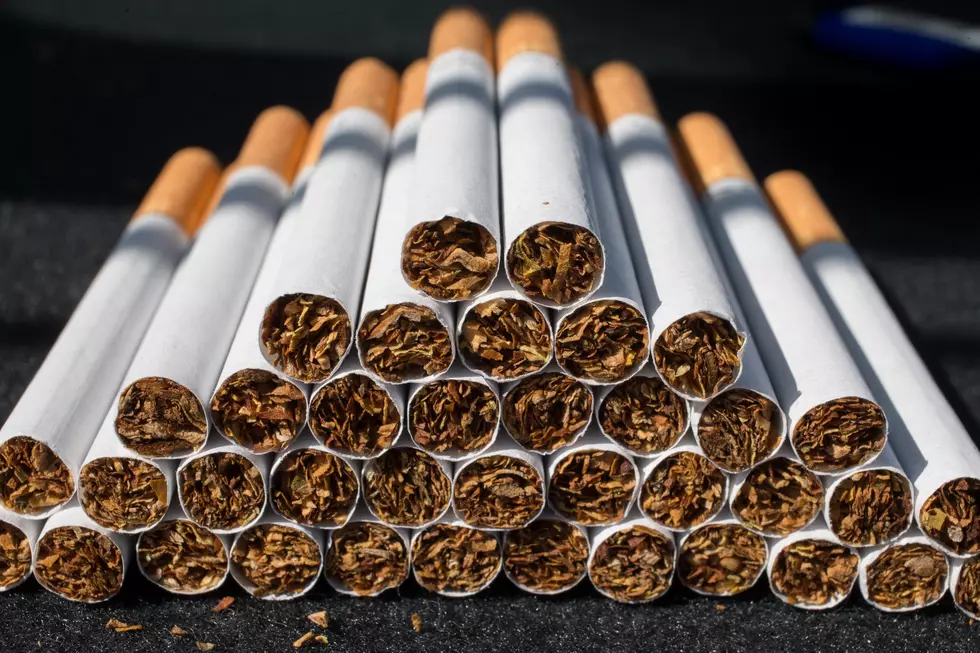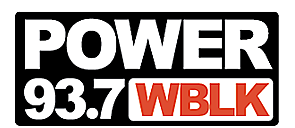
New Law Bans Certain Laundry Detergent And Cleaners In New York State
A new law went into effect recently in New York State that bans certain laundry detergents and cleaning products in New York State. If you are partial to a particular detergent or household cleaner brand, you may have to find a replacement if they don't conform to the new law.
New Law Protects Consumers In NY From Harmful Chemicals
The New York State Department of Environmental Conservation announced the new law, which took effect on January 1, 2023. The law helps protect New Yorkers and the environment by reducing the amounts of harmful chemicals in detergents and cleaning products.
1,4-Dioxane is a synthetic industrial chemical by-product that is a contaminant in cleaners and laundry detergents. It has been found in groundwater and is costly to clean up from the environment. It also has potentially harmful effects on people, according to Safe Household Cleaning,
The World Health Organization (WHO) classifies 1,4-Dioxane as ‘possibly carcinogenic to humans (Group 2B)’. The rating is from animal studies, in which exposure has been shown to increase the risk of liver and gallbladder carcinomas.
The new law sets the maximum allowable concentration of two parts per million of 1,4-dioxane in detergents and household cleaning products. The law will change again on December 31 of this year, changing the limit to 1 ppm for 1,4-dioxane in household cleaning products.
4 Popular Detergents Have Levels Over 1,4-Dioxane
According to the website Ingredients Matter, four popular brands showed levels over New York State's new limit of 1,4-Dioxane.
1. Arm & Hammer Clean Burst - 4.28ppm of 1,4-Dioxane
2. Tide Original - 3.67ppm of 1,4-Dioxane
3. Arm & Hammer Sensitive Skin Free & Clear - 3.44ppm of 1,4-Dioxane
4. Gain Original+Aroma Boost - 3.32ppm of 1,4-Dioxane
DEC Commissioner Basil Seggos said,
DEC prioritizes the health and well-being of New Yorkers and our environment, and the implementation of new laws for chemicals in everyday household products is part of our state's ongoing commitment to protect communities. With the start of the new year, these stringent requirements will build upon our nation-leading efforts to prevent exposure to emerging contaminants.
Companies can apply for a waiver to buy some time to reduce 1,4-Dioxane.

These Counties Have The Most HEAP Recipients In New York
8 Things We Really, Really Hate About Adulting
More From 93.7 WBLK









